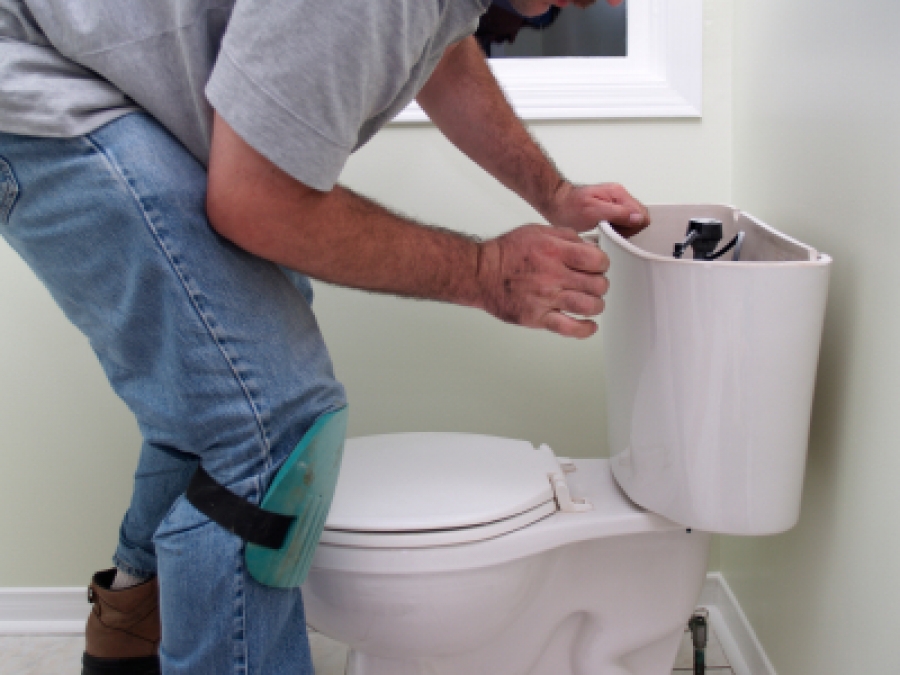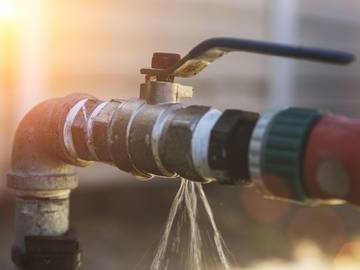Here down the page you will find more sensible insights related to How to Find and Prevent Water Leaks in Your Home.

"Be cautious of little expenditures. A tiny leakage will sink a fantastic ship." - Benjamin Franklin.
He couldn't have been more best since water leaks in our homes result in a waste of resources, enhancing our water bills. Although this increase might appear negligible in the beginning, it can result in significant expenditures that can break your bank. In addition to a rise in bills, water leakages additionally trigger unwanted organic growth, architectural damages, and also even electric dangers.
Identifying if you have a water leak isn't always very easy as a result of being unable to see most of the pipework in your home. If you have had a boost in your water costs lately, observed water stains on walls as well as ceilings, smelt poor odor, and so on. You may wish to take into consideration requesting plumbing services to get it took a look at.
There are several sources of water leaks, and we have actually put together the typical reasons listed below. Inspect to see if you have actually had associated concerns in your house lately.
Blocked drains pipes
Food particles, dirt, and oil can create stopped up drains and also block the flow of water in and out of your sink. If undealt with, increased pressure within the seamless gutters can create an overflow and also finish up cracking or bursting pipes. To stay clear of stopped up drains in your house, we encourage you to avoid putting fragments down the tubes as well as normal cleaning of sinks.
High water stress
You discovered your home water stress is greater than typical yet then, why should you care? It's out of your control.
It would be best if you cared since your average water pressure should be 60 Psi (per square inch) and also although your home's plumbing system is designed to hold up against 80 Psi. A boost in water pressure can place a stress on your residence pipelines and also lead to cracks, or worse, burst pipelines. Obtain in touch with a professional regarding managing it if you ever observe that your residence water pressure is greater than usual.
Rust
As your pipework grows older, it gets weaker and also extra at risk to rust after the regular flow of water via them, which can gnaw at pipes and create fractures. A visible indicator of deterioration in your home plumbing system is discoloration and also although this may be tough to detect due to many pipes hidden away. Once they are old to make sure an audio plumbing system, we suggest doing a regular examination every couple of years and also change pipelines
Weakened pipe joints
Pipe joints are the parts of our plumbing system where the pipes attach. It is necessary to note that also though pipelines are created to hold up against stress as well as last for a while, they weren't created to last for life; as a result, they would certainly degrade over time. A common indication of harmed pipeline joints is extreme noise from faucets.
Busted seals
Another root cause of water leakages in houses is broken seals of home devices that use water, e.g., a dishwasher. When such home appliances are set up, seals are installed around water adapters for simple flow of water via the maker. Thus, a busted seal can trigger leakage of water when in use.
With little or no understanding of plumbing, recognizing your home's plumbing system adequate to deal with a few of these issues (without effect) can be an inconvenience. Get in touch with plumbing experts in Pittsburgh, Divine Superintendence, Rochester, and also environ today, and they'll make those problems disappear.
He couldn't have been more ideal because water leaks in our residences result in a waste of sources, boosting our water costs. If you have had a boost in your water bills recently, discovered water spots on walls and ceilings, scented lousy odor, etc. A rise in water pressure can put a pressure on your home pipes as well as lead to cracks, or worse, ruptured pipes. An additional cause of water leakages in houses is damaged seals of home appliances that make use of water, e.g., a dishwasher. When such appliances are installed, seals are installed around water connectors for easy passage of water via the equipment.
5 TIPS IN DETECTING A WATER LEAK IN YOUR HOUSE
Water leaks can be hard to find in your home, yet they can be so common. We rely on water every day in our home, which is why a leak can cause big problems. By detecting them early, you can save money and further damage, getting the problem fixed as soon as possible. Here are 5 tips to help you detect a water leak in your home, so you can contact a plumber straight away and get the issue sorted.
Check your water meter
Many people underestimate the value of the water meter in their home. It can be one of the best ways to tell if you have a leak early on, so you can get on top of it before issues start arising. Start by turning off all the water in your home: taps, washing machine, dishwasher, etc. Now take a look at the meter – if it’s still changing with everything turned off, it’s likely you have a fast-flowing leak that you need to get on top of straight away. If nothing changes, then leave your meter for an hour or two and come back to it. Did it change in this time? It’s likely you have a slower leak, which isn’t as urgent but still handy to get fixed so it doesn’t become a bigger problem.
Keep an eye on your bill
Another good way to detect a leak in your home is by keeping an eye on your water bill. It helps if you have a past bill from the same period of time. You can compare like for like and determine whether your water usage has increased significantly. If it has, there may be a leak in your system that you haven’t picked up before. A professional plumber can check through all of your pipes and determine where it is coming from.
Look for damage
If you have a leak inside your home, you will notice damage over time. Take a look at your showers and bathtubs and note whether any of the tiles surrounding the area seem to be discoloured or damaged in any way. There may be water stains, mould or peeling material that has resulted from a build up of moisture over time. Make sure you take a look under sinks at the back of cupboards that don’t get accessed regularly. This is where damage can go unnoticed and build up over periods of time.

I am very serious about Reasons for Water Heater Leaks and I really hope you liked the entire blog post. Do you know somebody else who is inquisitive about the topic? Take a moment to share it. Many thanks for taking the time to read it.
Expert plumbing solutions, one click.